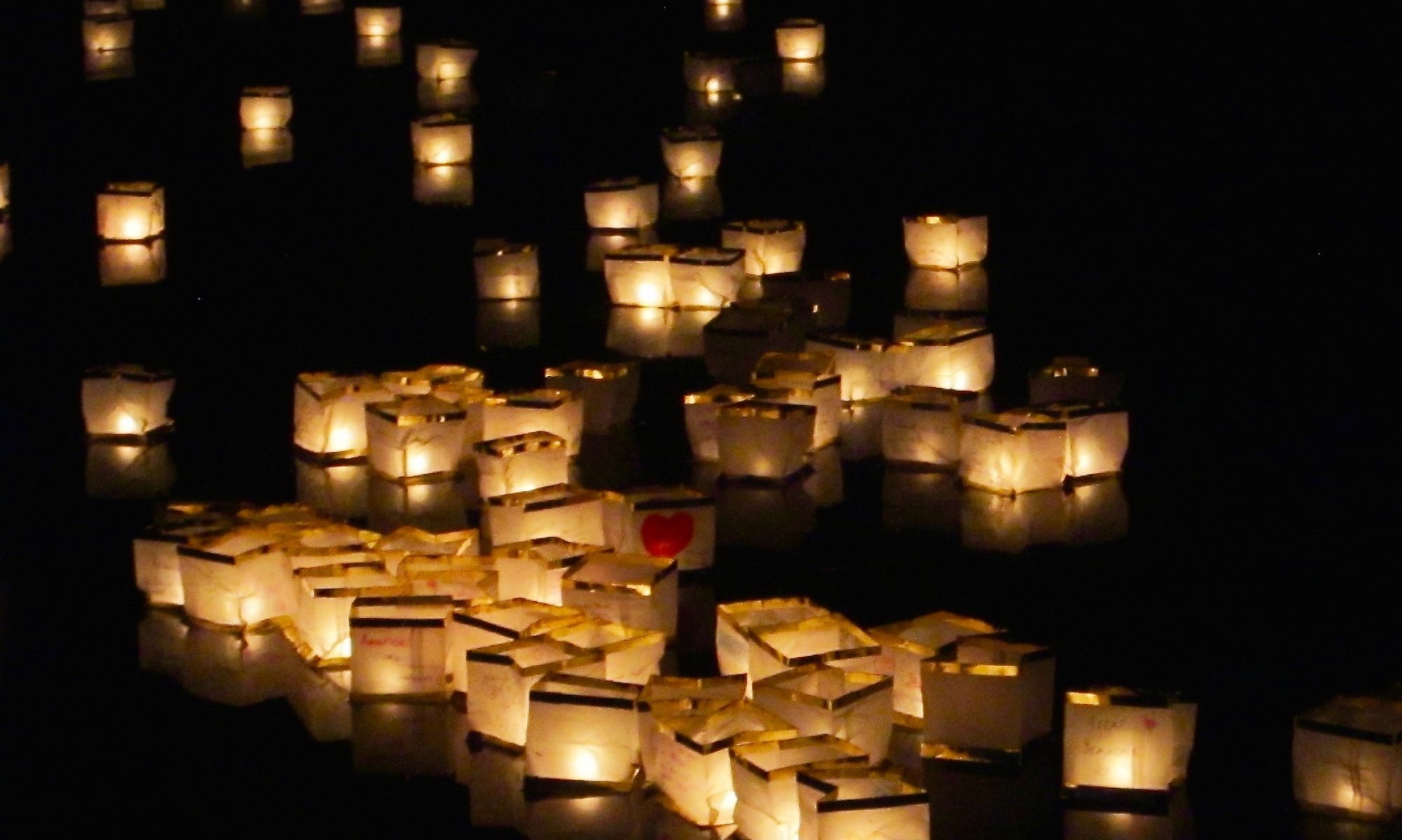“First, they came for the journalists. We don’t know what happened after that.”
It’s a meme, a play on the famous poem by Martin Niemoller, but it’s not wrong. It hasn’t taken long for arresting journalists to become something about which we shrug and scroll on down the feed to something more interesting. After all, there’s still plenty of shouting to be done about playing Christmas carols before Thanksgiving.
At least there was plenty of attention a month or two ago when police flagrantly ignored a boatload of laws and raided the Marion County Record in Kansas, including the home of the publisher’s mother, an elderly woman so distraught by the raid that she died the next day. Law enforcement is supposed to subpoena records from journalists, not raid their offices, but neither police nor the judge seemed to have noticed that part of the law.
It’s news because it’s unusual, right?
Not so much. The U.S. Press Freedom Tracker found more than 90 incidents of police raiding offices and homes of newspapers and journalists for work generated in the performance of journalism. They seize phones and computers, and even if the newspaper eventually wins in court, they’ve lost a huge amount of time and productivity, not to mention money. Small organizations can’t fight it, though groups like the Society of Professional Journalists help with the Legal Defense Fund.
A Black reporter interviewing people on a public sidewalk is arrested and accused of harassing people. A bystander recorded the arrest: the reporter clearly identified himself as journalist, but he was arrested anyway and police threatened the guy doing the recording. I heard about it at the Society of Professional Journalists’ media law briefing last month; it hasn’t exactly gone viral on social media.
This week, the publisher and a reporter of the Atmore News in southwestern Alabama were arrested after publishing an investigative piece on the local school board’s payments to seven former employees. They were arrested and charged with… felony journalism? Seriously, with revealing grand-jury proceedings. This is a felony – if you’re a juror or a witness. However, it’s been black-letter Constitutional law for decades that the press can publish grand jury material as long as they weren’t the ones breaking the law. Apparently such fine points as Constitutional rulings no longer matter in Alabama.
Meanwhile, Calumet City, Ill. has issued municipal citations to a reporter from the Daily Southtown for… wait for it… asking questions of public employees. Reporter Hank Sanders had written an article revealing that consultants had told the city stormwater facilities were in bad shape before a major rain caused flooding. The “violation” notice says that he keeps calling city departments and employees via phone and email. You know… JOURNALISM.
EDIT: As of Nov. 6, Calumet City has declared they will dismiss the charges. After hearing from the paper’s lawyers, and since they’re part of Tribune Media, that was the Chicago Tribune’s lawyers, and no word yet on whether they will be compensated for the legal costs involved in getting the city to drop flagrantly illegal charges. I might also note the mayor, who was apparently a driving force behind this charge, is also an Illinois state representative.
A freelance photojournalist was detained and cited while covering a rally for crossing a roadway outside of a marked crosswalk. A freelance journalist shoved and arrested while filming police in Yuma, Arizona, charged with “resisting arrest” after asking an officer for his badge number (on video). A reporter covering the Ohio governor’s news conference is charged with criminal trespass and resisting arrest – they claimed he was “disruptive” until body cam footage was released, then charges were dropped.
Eight arrests or criminal charges this year. More than 30 assaults. Nine incidents of prior restraint – the once-rare act of government ordering that information not be published, including the St. Louis Post-Dispatch, which was ordered not to use a mental health report in a murder trial even though it was made available to the public (by mistake, it turns out). Once upon a time, prior restraint was only used when lives or national security was at stake.
All of this has happened this year, in the United States. It used to be we would hear tales of jailed or threatened journalists, of attacks on journalists in person and in court, and it was tales from faraway lands without our much-vaunted protections of the free press.
Now it’s happening right here. I thought you should know about it, while we can still write about it.

